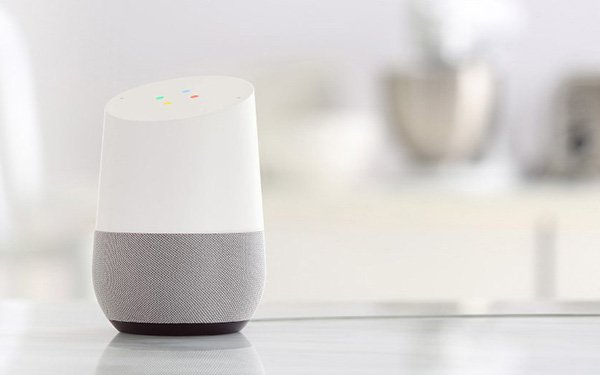
Ownership of
home digital assistants has been growing dramatically over the last year but it looks like there will be some holdouts in adopting the smart speakers.
Digital assistants like Amazon Echo,
Google Home and Apple HomePod are owned by 19% of people, according to a new global study.
However, a year from now, that number is projected to be 57% globally and 65% in the U.S., based on
plans to purchase. More than a third (38%) of consumers plan to purchase a smart speaker within the next one to two years and of those, 21% plan to purchase one within the next six months.
The
study comprised a survey of 5,000 consumers, 500 in France, Germany, India, Italy, Japan, Malaysia, Singapore, South Korea, the U.K. and the U.S. conducted for Limelight Networks by Cint, a global
research firm. Respondents were adults who had downloaded software or streamed online video or music during the last month.
advertisement
advertisement
Despite the large adoption of smart home speakers,
43% of consumers globally and 35% in the U.S. have no plans to purchase one.
Ownership of Internet-connected speakers is highest in the U.S. and lowest in Japan. Here’s the current
ownership level by country:
- 35% -- U.S.
- 31% -- India
- 23% -- U.K.
- 22% - -Malaysia
- 16% -- Germany
- 16% -- South Korea
- 15% --
France
- 14% -- Singapore
- 12% -- Italy
- 7% - -Japan
By age group, the highest ownership is by those 26 to 35 (25%), followed by those 36-45 (23%), 18 to 25
(18%), 46 to 60 (16%) and those over 60 (12%).
Voice control at home is here to stay.